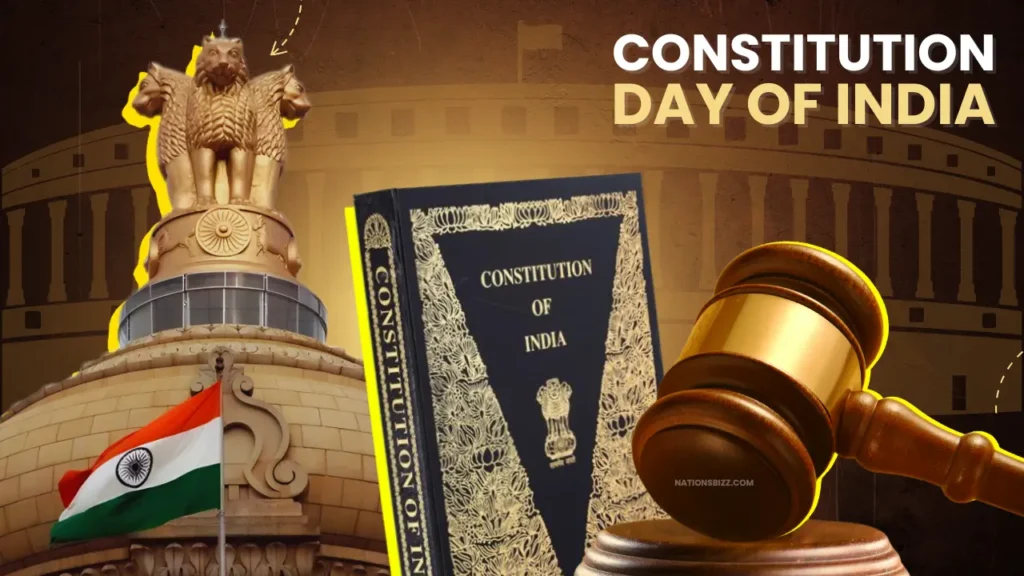Amid China’s recent export restrictions on rare earth magnets, Indian auto manufacturers including Japanese and Korean joint ventures are experiencing dwindling inventories. These critical magnets power electric vehicle motors, steering systems, and other essential components. With stocks projected to deplete by mid-July, manufacturers are urgently addressing the crisis.
Global Players Turn to Headquarters for Help
Executives from Japanese and Korean carmakers operating in India are reaching out to their parent companies abroad. They are requesting diplomatic support, fast-tracked licensing, and alternative sourcing to ensure continuity. Some are exploring imports from Vietnam, Indonesia, and other global markets to reduce dependency on China.
India Prepares Domestic Incentives for Magnets
India’s government is fast-tracking initiatives to cope with the crisis. A subsidy scheme for domestic magnet production is expected within weeks, while stakeholders weigh options like stockpiling, fiscal incentives for local manufacturers, and strategic partnerships. A delegation from the auto industry is also preparing to visit Beijing to negotiate approvals.
Automakers Adjust Production Plans for Magnets
Some manufacturers, such as Maruti Suzuki, have already scaled down EV production targets due to this supply constraint, reducing expected volumes by as much as two-thirds through September. Others, including Tata Motors and Jaguar Land Rover, claim sufficient short-term inventory and are actively seeking alternatives, with no immediate production slowdowns.
Alternative Sources & New Technologies for Magnets
To navigate the shortage, manufacturers are considering several approaches: importing assembled motors, re-exporting rotors for magnet installation, or developing magnets without rare earths. While promising, these alternatives require time and testing before widespread adoption, limiting their short-term usefulness.
Why It Matters for India’s Auto Ambitions
India aims to significantly expand electric and hybrid vehicle production in the coming years. Even brief disruptions could have lasting effects on growth momentum, vehicle availability, and investor sentiment. With components affected across EVs and internal combustion vehicles, the entire auto ecosystem stands to be impacted.
High Alert Amid Ongoing Risk
The situation remains fluid. Production lines are running for now, but stock exhaustion is looming unless diplomatic and supply chain measures succeed. The government’s combined push—international engagement, local incentives, and supply diversification—could stabilize the market, but resolution hinges on swift action from all stakeholders.





















